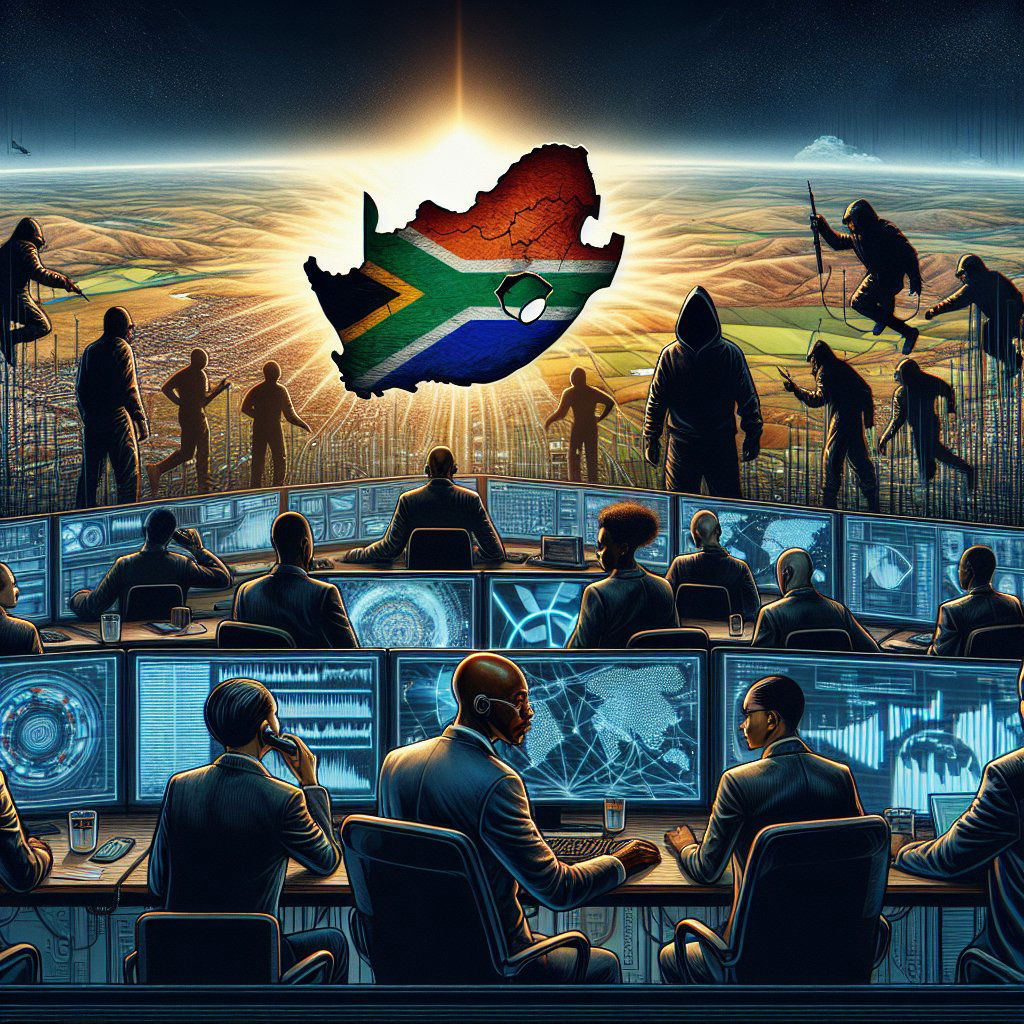Image created by AI
Assassination Attempts on SA Investigators Threaten Anticorruption Efforts
In a troubling development for South Africa's fight against corruption, a spate of assassination attempts on various investigators has raised grave concerns amongst anticorruption watchdogs and experts. These targeted acts not only threaten individual lives but also the collective effort to clean the government's ranks of corruption.
Corruption Watch's voice, Karam Singh, conveyed the possibility that these assassination attempts could potentially impede critical investigations, deterring professionals from examining corruption thoroughly. Singh emphasizes the damage caused by the removal of seasoned investigators: the loss can be insurmountable as investigative continuity and morale may suffer.
This alarming trend is exemplified by the recent narrow escape of advocate Coreth Naudé from the South African Revenue Service (Sars), who has been involved in several notable inquiries. Other cases painting this grim picture include the assassination of Zenzele Benedict Sithole, a City of Johannesburg investigator, earlier in the month, along with attacks on the lives of liquidators and health department officials within the past year.
The persistence of targeted killings in South Africa is not unprecedented, as the past echos with similar episodes that have seen whistle-blowers and officials investigating corruption being silenced permanently. Examples stretch back years, with the murder of Moses Phakoe in 2009 and Xola Banisi in 2014, among others, following their attempts to expose corruption.
Amidst these threats, Singh is advocating for a more robust protective mechanism for those endangered by their line of work and suggests that resources for VIP security may be necessary. Additionally, the establishment of clear protocols for risk assessment on sensitive cases should be considered to shield investigators from threats and intimidation.
Corroborating these concerns, the Global Initiative Against Transnicrime Crime's 2022 report describes South Africa's organized crime as deep-seated and increasingly violent—a trend that has been on an upward trajectory for a decade. Independent crime expert Chris de Kock also recognizes the markers of organized crime within these incidents, emphasizing that corruption and violent enforcement are instrumental in the crime syndicates' operation and preservation.
With South Africa facing brazen criminal syndicates willing to use lethal force to stifle justice, the need for decisive action to protect investigators and uphold the integrity of the legal process has never been more urgent.










